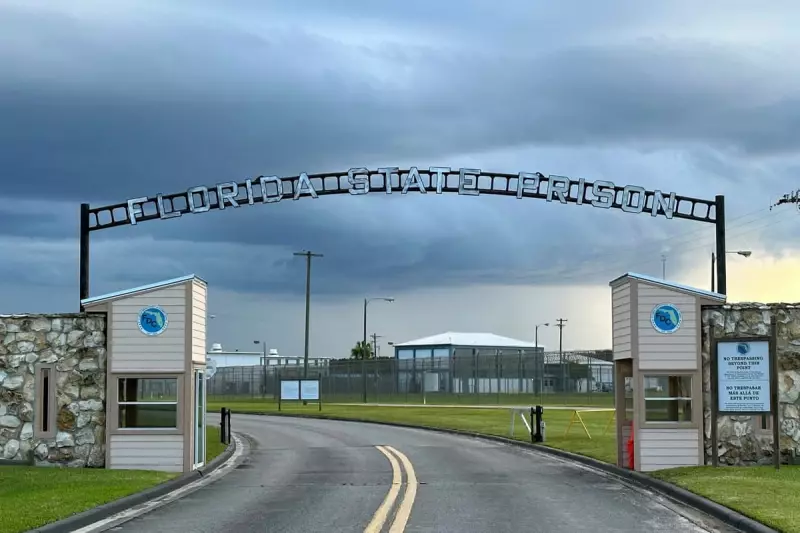
In a dramatic move that has sent shockwaves through America's legal community, Florida Governor Ron DeSantis has signed legislation fundamentally altering how death penalty cases are decided in the Sunshine State.
The End of Unanimous Decisions
The new law, which took effect immediately, reduces the number of jurors required to recommend capital punishment from the previous unanimous requirement to just eight out of twelve. This represents one of the most significant rollbacks of death penalty safeguards in modern US history.
"This is a watershed moment for justice in Florida," said Democratic State Senator Bobby Powell, who voted against the measure. "We are moving in a direction that should concern every citizen who values fair trials and due process."
A Response to Parkland Case Controversy
The legislation follows last year's highly publicised case of Parkland school shooter Nikolas Cruz, where a jury failed to reach unanimity on the death penalty, resulting in a life sentence instead. Governor DeSantis had publicly expressed outrage at the outcome, calling it a "failure of the system."
Supporters argue the change will ensure that heinous crimes receive appropriate punishment. "Victims' families deserve to see justice served," stated Republican sponsor State Representative Berny Jacques.
Immediate Legal Challenges
Civil rights organisations have vowed to fight the new law in court. The American Civil Liberties Union of Florida has already announced plans for a constitutional challenge, arguing the legislation violates both state and federal protections against cruel and unusual punishment.
Legal experts note that Florida now stands apart from nearly all other death penalty states, with only Alabama permitting non-unanimous death recommendations at 10-2.
Broader Implications
The move comes as part of a broader conservative legislative agenda in Florida that has drawn national attention. Critics fear this could set a dangerous precedent for other states considering similar changes to their capital punishment systems.
As legal battles loom, the implementation of this controversial law will be closely watched by justice advocates across the United States and internationally.





